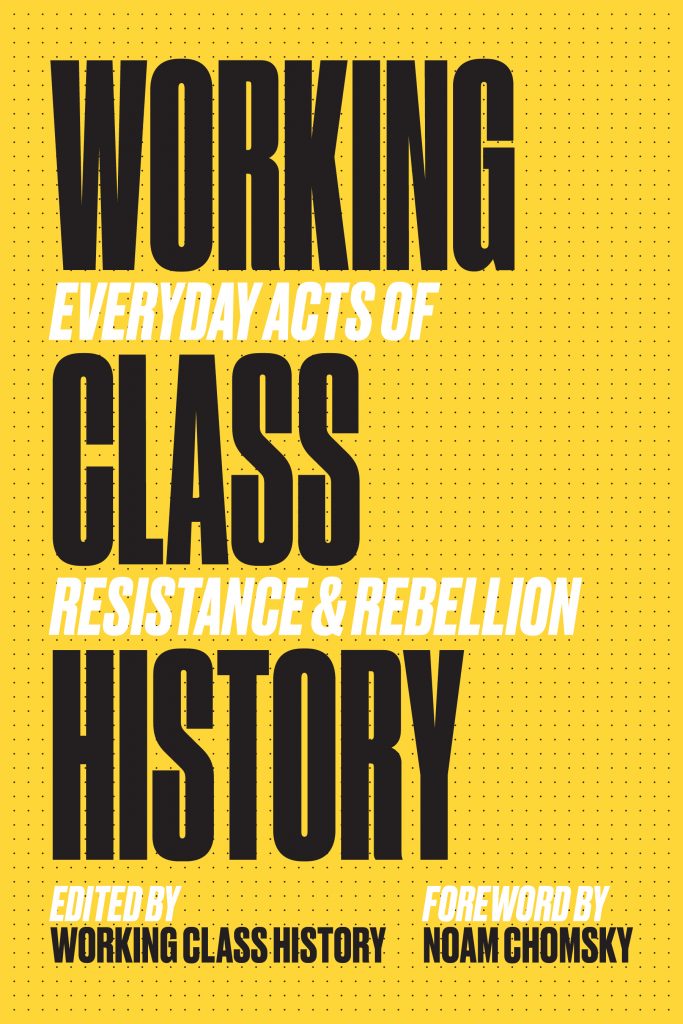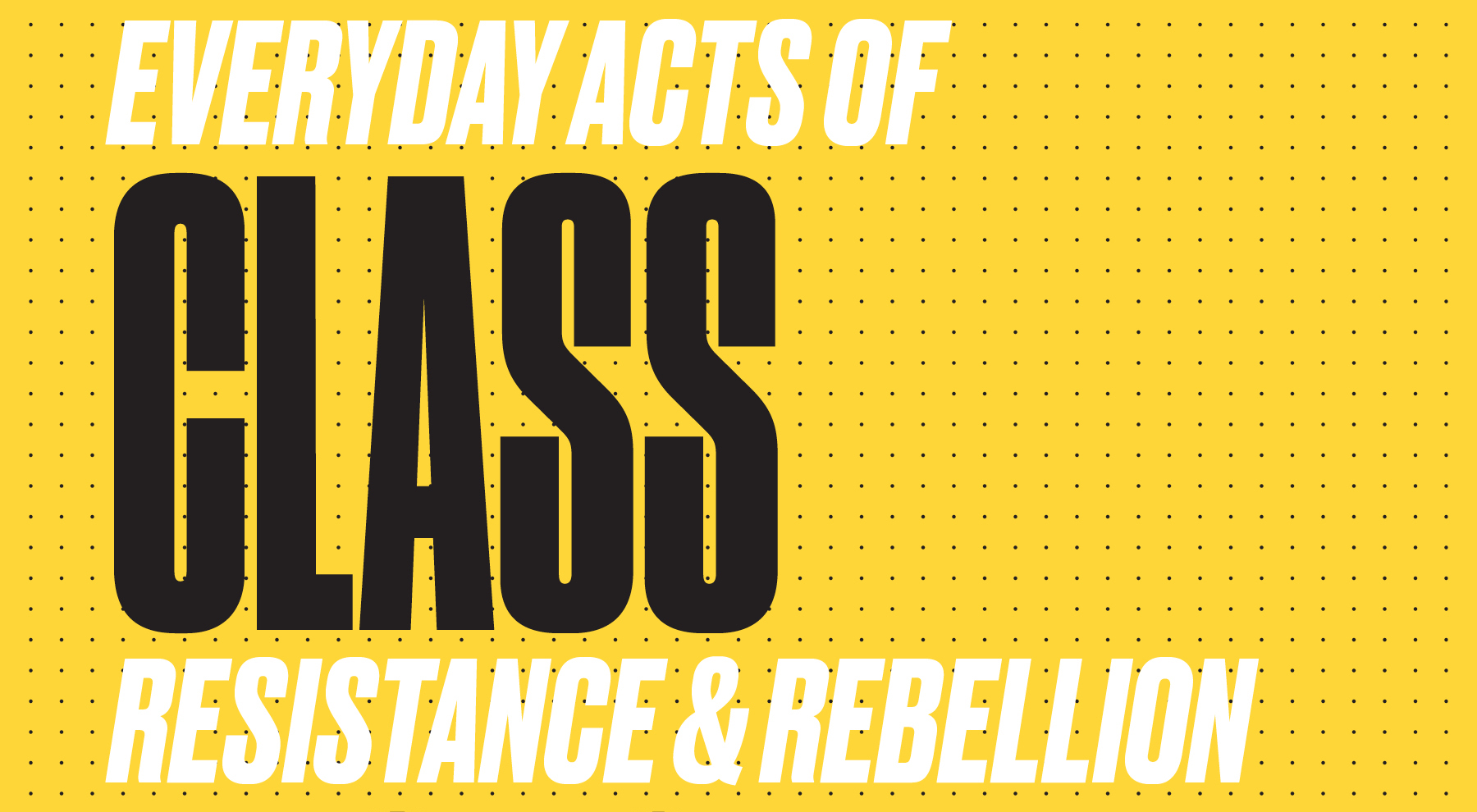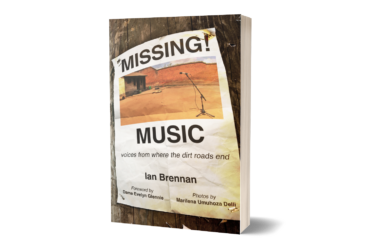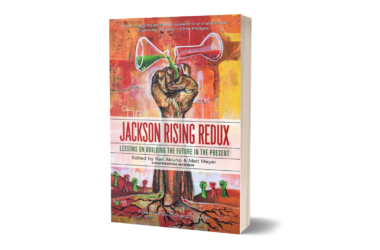By Marisa Clogher
Antigravity Magazine
February 2021
Working Class History doesn’t function as a narrative so much as reference material. The book is organized by month, moving chronologically. Each day of the year lists two events in history that occurred on that day that have contributed to the working class struggle (for example: on January 8, 1896 “the world’s first explicitly anarchist-feminist newpaper, La Voz de la Mujer, was published in Buenos Aires, Argentina”; On March 6, 1922 “a wave of rent strikes in Veracruz, Mexico was triggered when sex workers barricaded a street with their rented mattresses, chairs, and other furniture”). The intro states: “Our education system does not even come close to adequately reflecting the impact of these movements of ordinary people on our history” and Working Class History attempts to right some of these omissions. It doesn’t dive deep, and it doesn’t claim to be exhaustive. Each selection is brief but provides a good entry point to further learning, and solid contextualization at a time when the present feels crushing and the future feels impossible. These are lessons from the past that we can and must build from. These histories are the way forward.







